Project Astoria aims for developers to run "unchanged" Android binaries on Windows 10 Mobile
3 min. read
Updated on
Read our disclosure page to find out how can you help MSPoweruser sustain the editorial team Read more
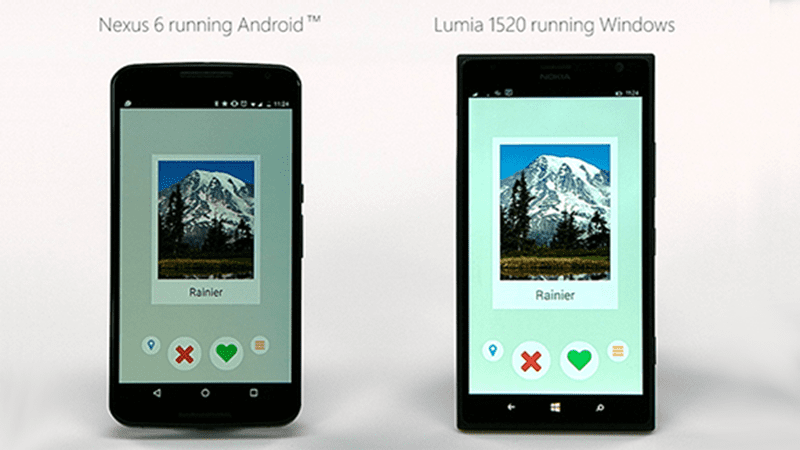

The recent builds of the Windows 10 Mobile Technical Preview have for the first time included Microsoft’s new Android subsystem, part of Project Astoria, which would allow Android apps to be easily ported to Windows phones.
How easily has been somewhat of a debate, with many believing this would not allow any form of sideloading of Android apps to Windows Phone.
A recent job posting by Microsoft however suggests that Microsoft’s aims for Android apps are rather ambitious, and with the intent for developers to be able to published “unchanged binaries” to Windows phones.
Our Astoria team is delivering a set of new experiences for consumers and developers with the potential to make a huge difference for the Windows platform. The Astoria bridge enables Android developers to publish their unchanged binary to run as they are on the Windows mobile platform. This is a first for our Windows platform received enthusiastically by the Android community.
Our Astoria team is adopting the leading edge streaming analysis to our data driven engineering. We have the opportunity to put in place from the very beginning the best of what big data has to offer. The results so far are astonishing.
Our team is smart, fast moving, risk-inclined, and relish the challenging task before use. We use the best tools available from both the OSS community and Microsoft and follow modern development methodologies. We operate like a well-funded startup inside Microsoft, coding our way through any barriers.
Now some have speculated that Microsoft will in some way recompile android APKs to Windows APX’s, but a look at the Android subsystem on Windows Phone shows that the environment itself contains several APKs, meaning that APKs already have to run natively on Windows 10 Mobile.

In fact, it is speculated that simply wrapping an APK in the appropriate .manifest should be enough to turn it into an APX which can run on Windows 10 Mobile e.g.
<m:Extension Category=”windows.aowApp”> <m:AowApp> <m:PayloadName>foo.apk</m:PayloadName> <m:PayloadVersion>1</m:PayloadVersion> </… </…
— WalkingCat (@h0x0d) July 8, 2015
Of course the issue of Google’s services remain, but these are not insurmountable, and given that Windows 10 Mobile will support easy side loading, I suspect we will soon see a nice cottage industry in repackaging Android apps for Windows 10 Mobile.
Snapchat, here we come…



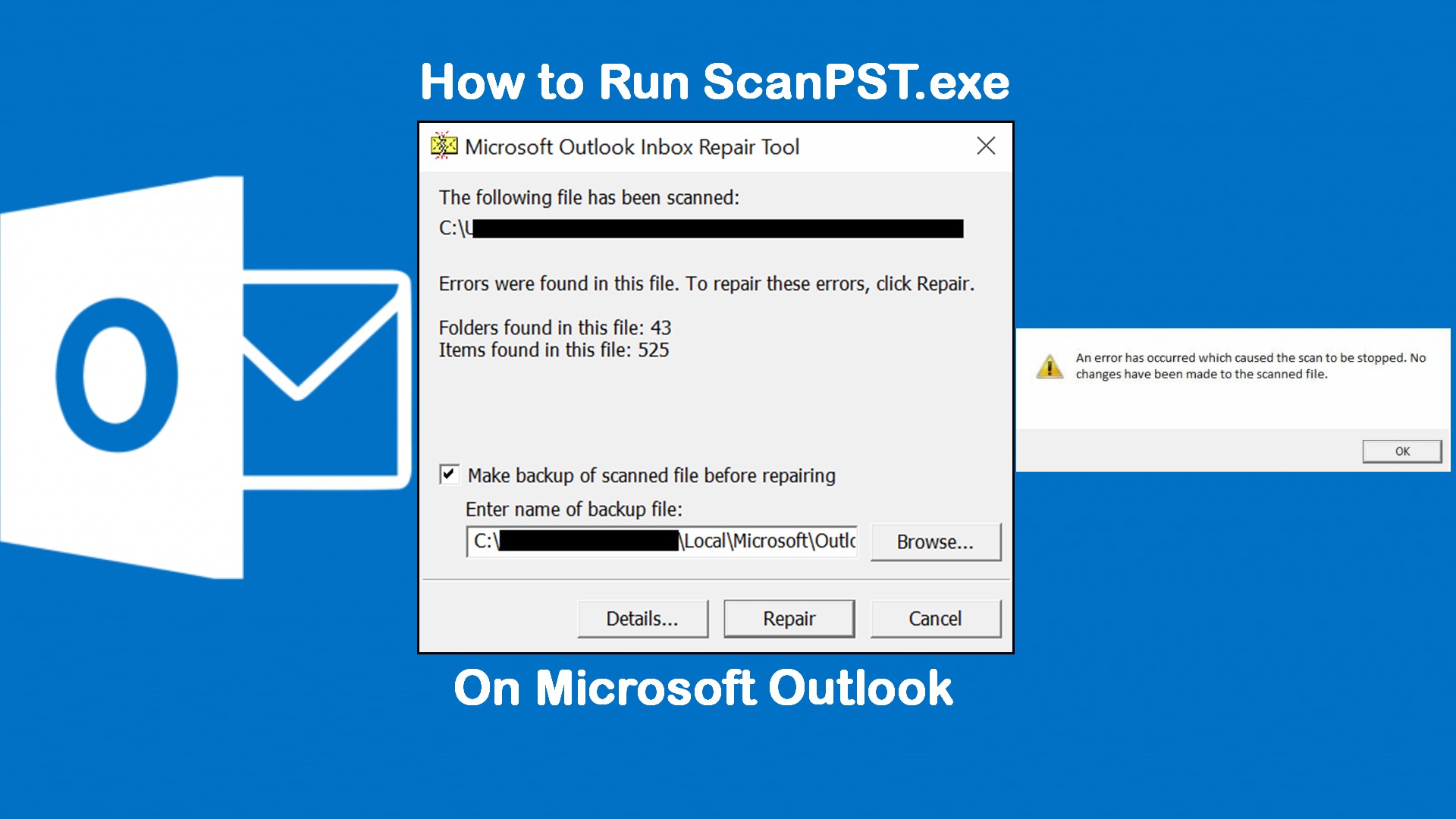

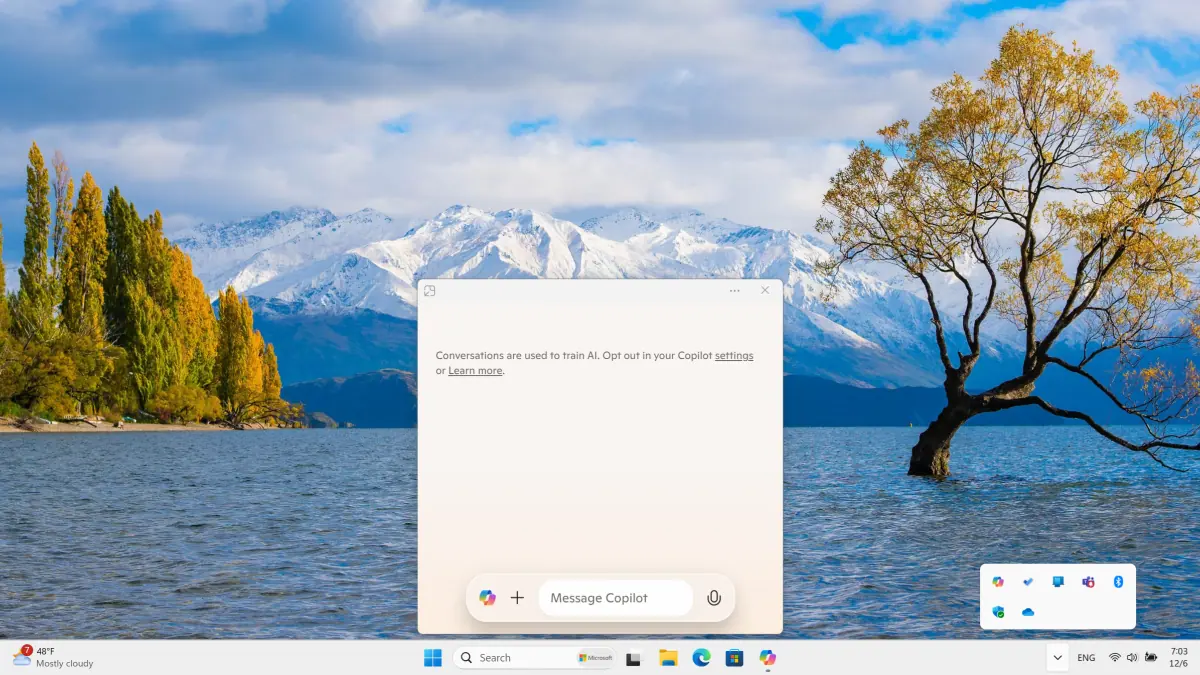

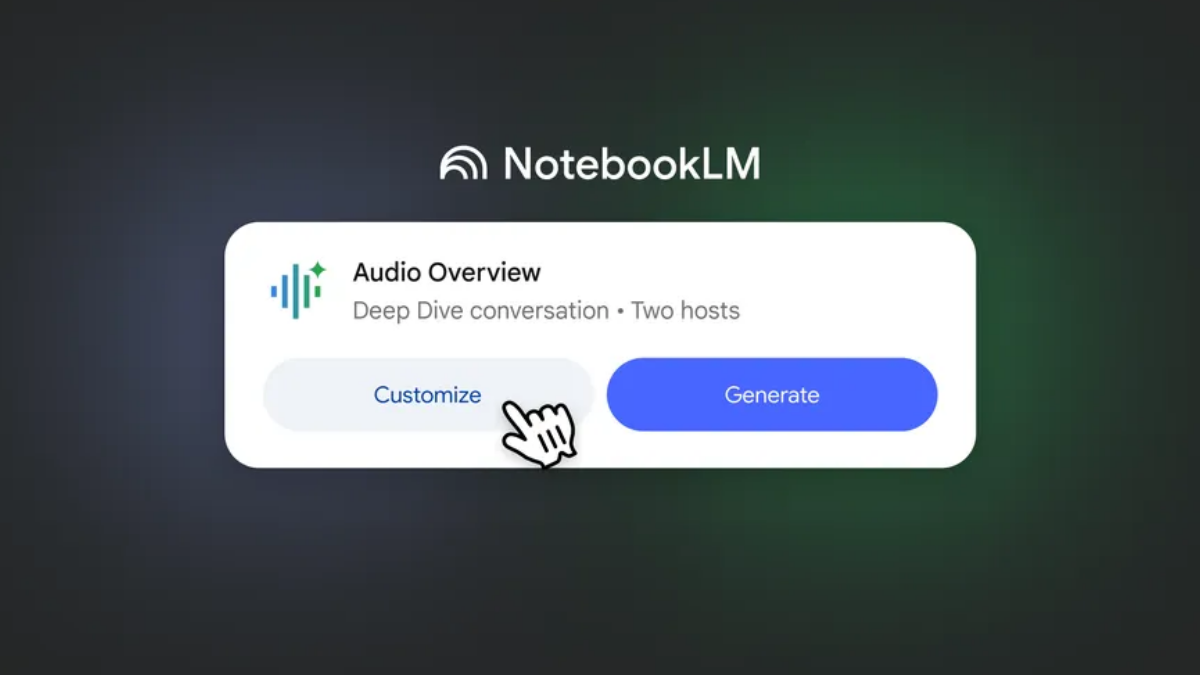
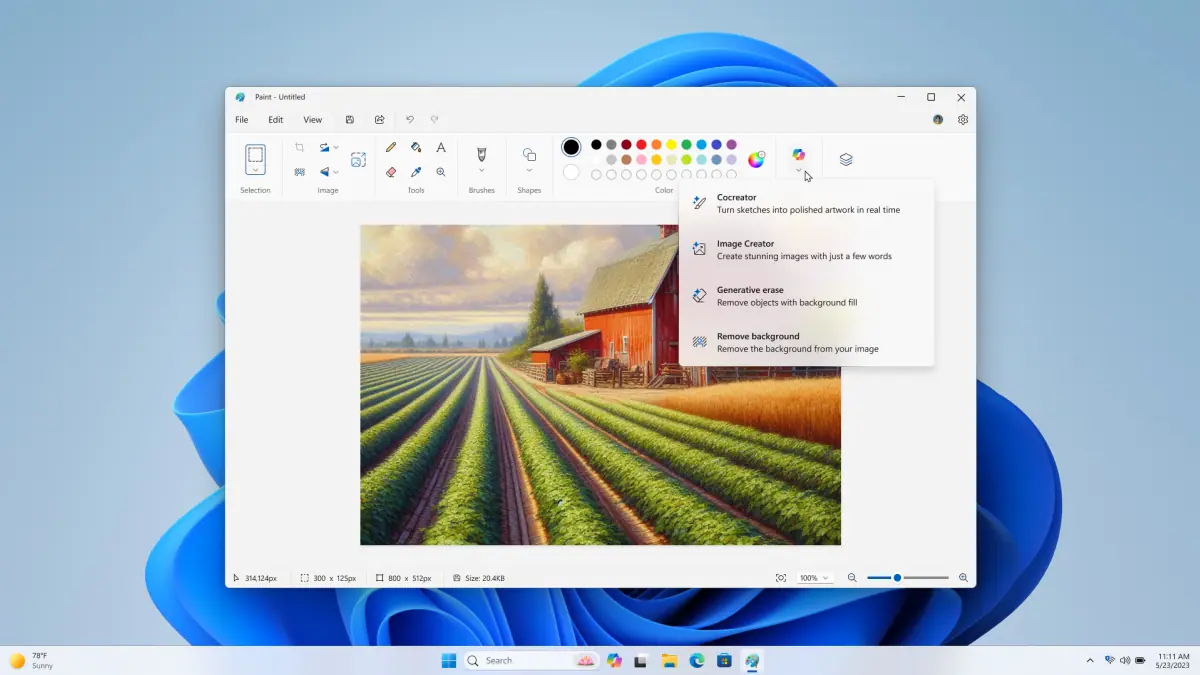
User forum
0 messages